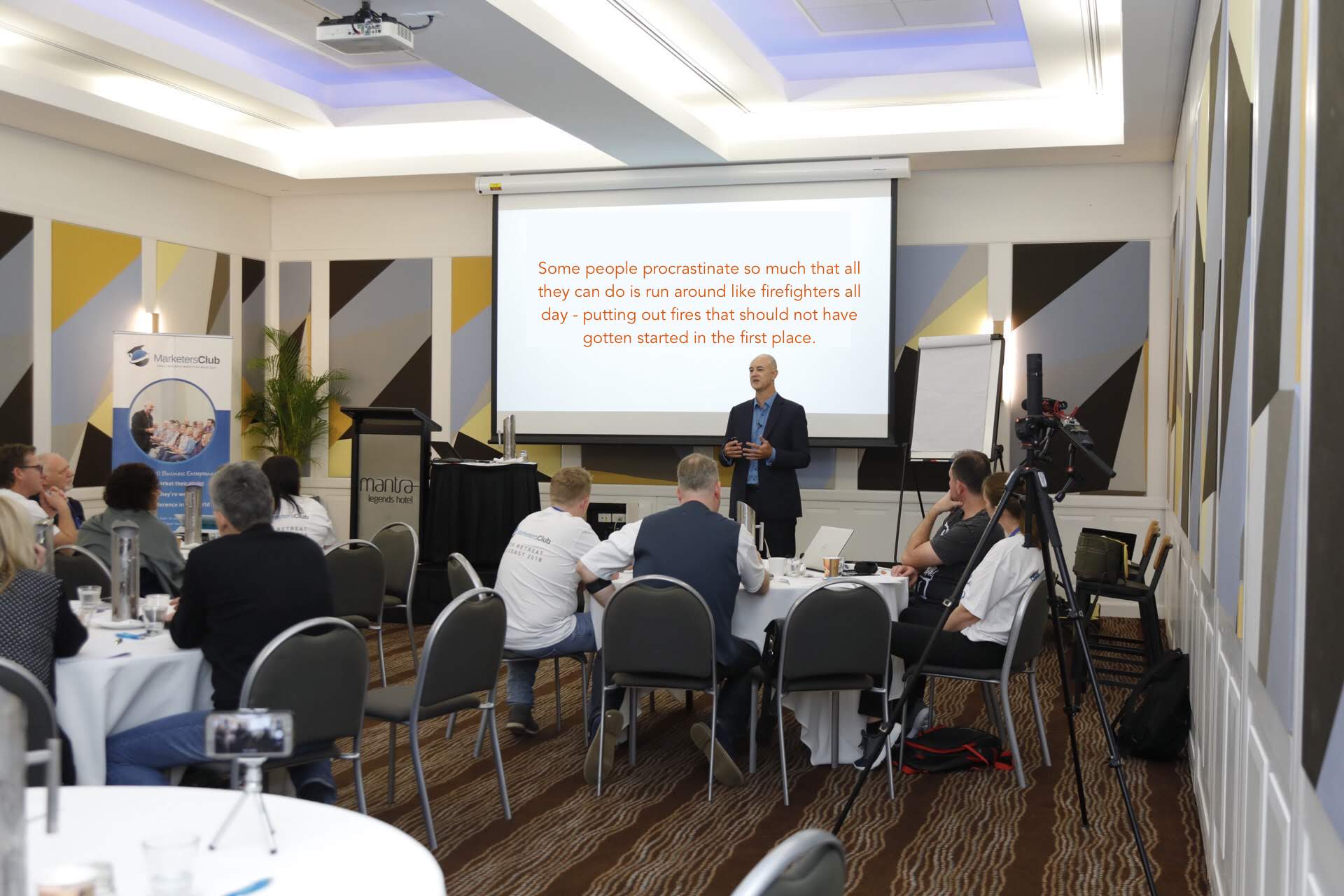Trusting your gut may seem like a whimsical concept, but it is a real and powerful tool that can guide us in making decisions, both in our personal lives and in leadership roles. Throughout my experiences as a leader, I have come to realize that our gut feelings are not merely random occurrences but rather a culmination of our past experiences, knowledge, and the interconnected nature of our world. In this discussion, I will delve into the significance of trusting your gut as a leader, touching on its scientific basis, the role of expertise, the importance of seeking mentorship, and the ethical implications of decision-making.
Our gut feelings are more than just a mystical force at play; they are a result of our brain’s ability to swiftly draw upon both internal and external cues, memories, and experiences. This internal process, which often operates at a subconscious level, is rooted in the intricate neural networks of the brain and has been substantiated by psychological and neurological research. When we find ourselves in positions requiring decision-making, it is essential to recognize that our intuition is a product of all that we have learned and experienced, distilled into a singular moment that calls for action. This unquantifiable feeling of just “knowing” what to do is not to be dismissed as mere chance but rather a manifestation of our subconscious processing a myriad of inputs.
As leaders, we are often faced with numerous decisions, ranging from minor daily choices to significant strategic moves. In light of this, it is crucial to discern when to trust our gut and when to rely on a more analytical approach. While making rational decisions guided by data, analysis, and consultations is imperative, we should not disregard the value of our instincts. Trusting our gut, therefore, should not be the first step in decision-making but rather the final step following the thorough examination of data, reports, and expert advice.
Trusting your gut is a delicate balance between rationality and emotion. Embracing our emotional intelligence as leaders is paramount, as it allows us to grasp the potential repercussions of our decisions on the individuals we lead. While the greater good may sometimes come into play, it is essential to acknowledge that individual decisions greatly impact the collective outcome. As leaders, it is about making the right call and doing what is ethically and practically right for our team and the mission at hand.
This is where expertise comes into play. Studies have shown that leaders and teams with higher expertise and experience tend to make more successful decisions. The quality and availability of information on which decisions are based significantly influence their outcomes. Furthermore, the methods used in decision-making, including problem analysis, risk assessment, and the ability to adapt decisions based on new information, play crucial roles in decision success.
In the maze of decision-making, mentorship becomes an invaluable asset. Seeking guidance from mentors, especially those with diverse expertise, allows us to gain insights from different perspectives. A wise mentor can ask the right questions, nudging us towards the best decision rather than merely providing answers. This underscores the importance of having mentors in various facets of our lives, including family, business, physical, and spiritual spheres. The diversity of opinions and experiences that mentors bring to the table can enrich our decision-making processes and foster innovative solutions.
This diversity in decision-making becomes even more apparent when we consider the benefits of interdisciplinary teams in businesses. Combining team members from varied backgrounds can significantly enhance creativity and the success of new products or strategies. This is a testament to the power of leveraging different viewpoints and experiences to tackle complex challenges and foster innovation.
On a deeper level, trusting your gut is about embracing the philosophy of listening to your inner voice and moral compass. Beyond logic and advice, there is substantial value in aligning our decisions with our instincts. When we do what feels right ethically and practically, we exhibit an authenticity that can resonate profoundly with those we lead. It is an acknowledgment that, despite external turmoil or unpredictability, we stay true to our convictions and make decisions that we can stand by with confidence and integrity.
However, it is essential to recognize that trusting our gut is not foolproof. While our gut feelings are informed by our experiences, they are not devoid of error. Therefore, accepting responsibility for the outcomes of our positive or negative decisions is an integral part of leadership. No leader gets it right 100% of the time, but with continuous learning and adaptation, we can improve the likelihood that our future decisions will be right.
In the end, trusting our gut is not a standalone solution but a significant aspect of effective leadership. By combining our inner instincts with rational analysis, expertise, mentorship, and ethical considerations, we can navigate the complexities of decision-making with greater insight and wisdom. As leaders, our ability to trust our gut can forge a leadership style that is effective, deeply human, and empathetic. It is a demonstration of our courage in standing by our convictions in the face of uncertainty, ultimately leading to transformative outcomes.
The power of trusting your gut is a vital attribute of successful leadership. It is a harmonious blend of science, experience, expertise, diverse perspectives, and moral grounding. As leaders, we should strive to integrate our gut feelings into our decision-making processes, recognizing their value while embracing a holistic approach that accounts for both rationality and emotion. In doing so, we pave the way for more authentic, empathetic, and effective leadership, enabling us to navigate the complexities of our roles with grace, wisdom, and resilience.


